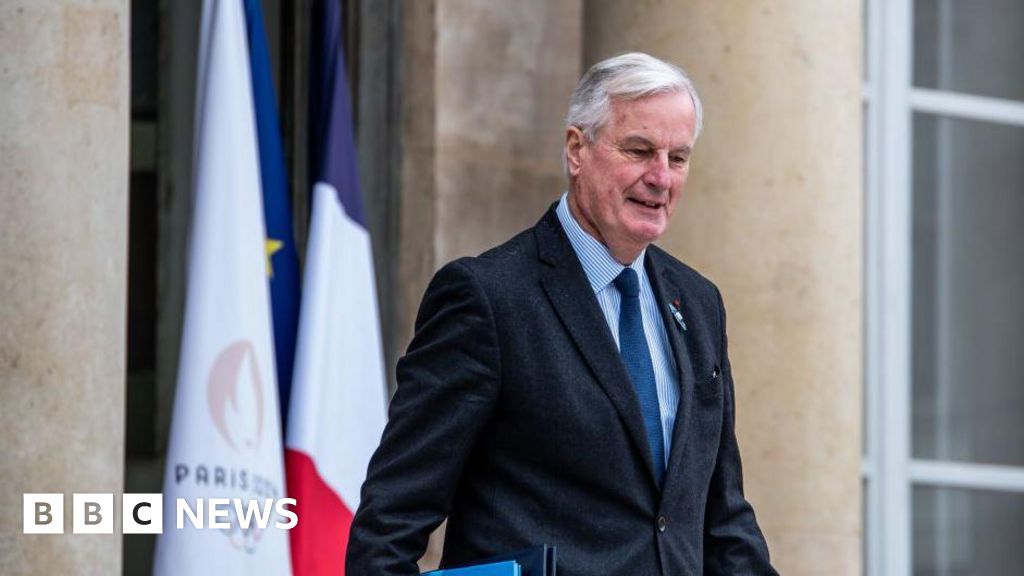France’s Prime Minister Michel Barnier is expected to tender his resignation today, hours after being ousted in a no-confidence vote.
Barnier’s government collapsed after MPs voted overwhelmingly in support of the motion against him, just three months after he was appointed by President Emmanuel Macron.
Barnier is likely to stay on as caretaker prime minister while Macron chooses a successor, a process which could take weeks.
Last night’s vote was the first time a French government had been voted down by parliament in more than 60 years.
Marine Le Pen’s far right and the left-wing New Popular Front both united to vote down Barnier’s government, after the former Brexit negotiator controversially used special powers to force through his budget without a vote.
A total of 331 voted in support of the motion, far more than the 288 required for it to pass.
Barnier is now obliged to present the resignation of his government, while the budget which triggered his downfall is automatically withdrawn.
Macron, who has returned to France following a state visit to Saudi Arabia, is due to give a televised speech to the nation on Thursday evening.
Macron is constitutionally unaffected by Barnier’s resignation. But many opposition politicians are increasingly open about wanting to force him to resign and call early presidential elections – something the president has insisted is off the cards.
The left-wing alliance New Popular Front (NFP), which won the most seats in the parliamentary elections, had previously criticised Macron’s decision to appoint centrist Barnier as prime minister over its own candidate.
Alongside the far-right National Rally (RN), it deemed Barnier’s budget – which included €60bn (£49bn) in deficit reduction – unacceptable.
Marine Le Pen, the RN leader, said the budget was “toxic for the French”.
Ahead of the vote, Barnier told the National Assembly that voting him out of office would not solve the country’s financial problems.
“We have reached a moment of truth, of responsibility,” he said, adding that “we need to look at the realities of our debt”.
“I did not present almost exclusively difficult measures because I wanted to.”
In an interview with French broadcaster TF1 on Wednesday, Le Pen said there was “no other solution” than to remove Barnier.
Asked about the French president’s prospects, she replied: “I am not asking for the resignation of Emmanuel Macron.”
Many of her allies, however, are increasingly openly hoping they can force him to resign. RN adviser Philippe Olivier told Le Monde the president was “a fallen republican monarch, advancing with his shirt open and a rope around his neck up to the next dissolution [of parliament]”.
No new parliamentary elections can be held until July, so the current deadlock in the Assembly – where no group can hope to have a working majority – is set to continue.

Leave a Reply